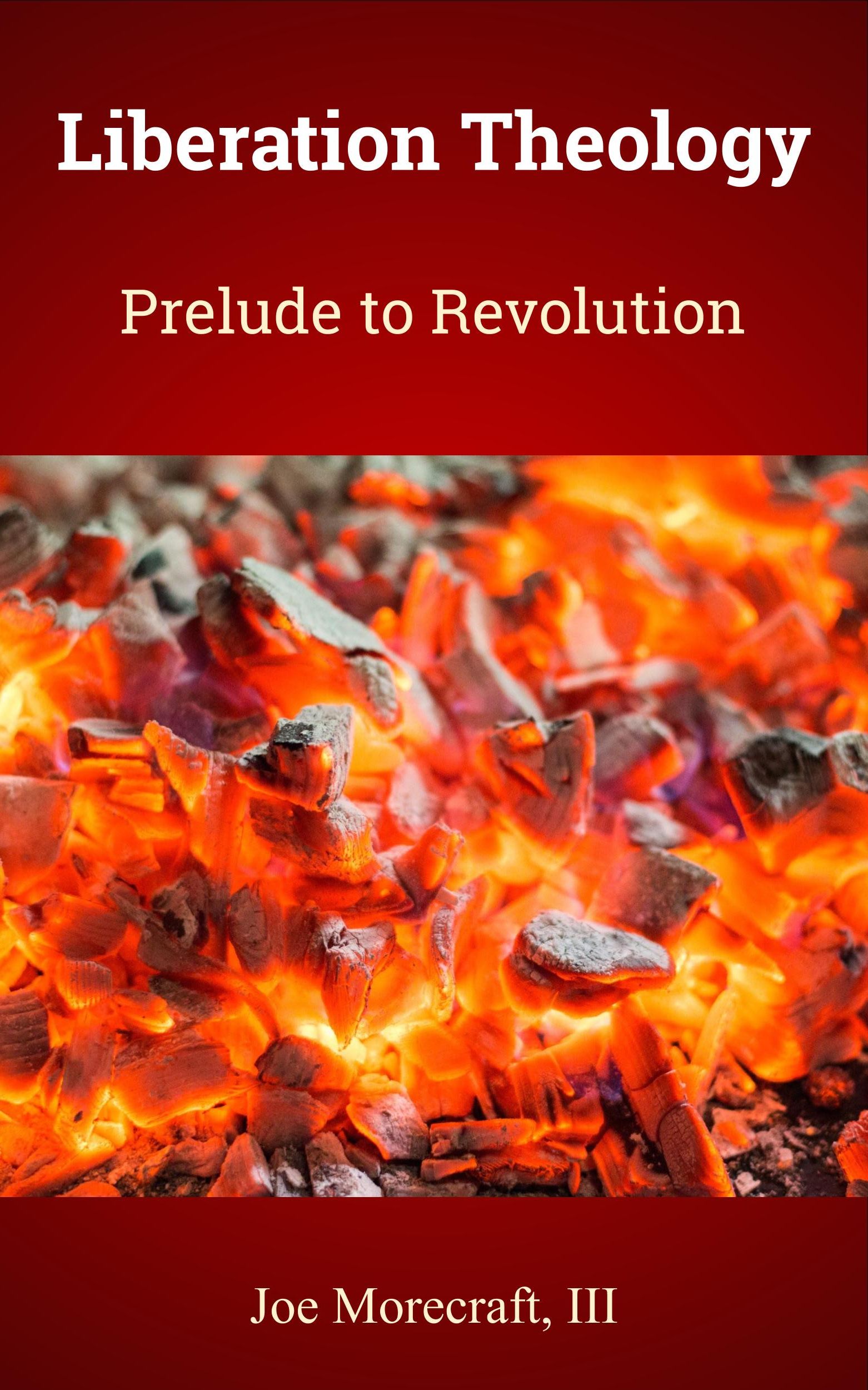Liberation Theology: Prelude to Revolution
Since we’re on the topic of politics and theology and since there aren’t any directly correlated recordings on Liberation Theology, try out 4 of Heritage Presbyterian Church’s most listened to sermons of all time!
Election Sermons 2016
Below is the Introduction and Table of Contents to whet your appetite for the book.
Introduction
Liberation theology has its specific character because it is based on Marxism.
Its basic premise states that history is the class struggle between the oppressor and the oppressed. Its basic strategy is that salvation can only come through the revolutionary action of the oppressed. Both are Marxist principles.
Liberation theology is subtle because it fills Biblical concepts with Marxist meanings. Thus, Christ becomes humanity awakened to combat the repressive structures of capitalism. Salvation is defined as personal involvement in the class struggle. The Church’s mission is to confront social injustice. Sin is equated with capitalism. All evil will therefore disappear with the demise of capitalism.
Because liberation theology equates evil with capitalism and equality and justice with socialism, it has nothing to offer to oppressed Christians behind the Iron Curtain. If critics of Marxism like Solzhenitsyn are right, liberation theology is disastrously wrong in many of its premises and perspectives.
Although liberation theology is a theology of mass murder, it is taught, in some form, in most evangelical seminaries.
Liberation theologians persist in promoting Marxist economic and social models even though these lead to tyranny. Yet they ignore Christian, constitutional and free-enterprise models which have created prosperity, liberty and justice. The market economy harnesses individual self-interest to turn the turbines of production. But the collectivist economy needs heroes or saints to function. Since both are in short supply, it leads straight to compulsion and the police state.
The answer to liberation theology and the only real hope for oppressor and oppressed alike is a whole-hearted return to the historical Christ and the Biblical world-view.
Table of Contents
Introduction
I. The Identity of Liberation Theology
A. Basic Principles
1. Christians must stand with the poor and oppressed of the earth.
2. The cause of all poverty, oppression and injustice in the world is capitalism.
3. Christians must work to replace capitalism with socialism.
B. Principal Representatives
II. The Roots of Liberation Theology
A. Philosophical Roots
B. Theological Roots
III. The Problems of Liberation Theology
A. Hermeneutical Problems
B. Theological Problems
C. Eschatological Problems
D. Political Problems
E. Philosophical Problems
IV. The Fruit of Liberation Theology in South Africa
V. The Fruit of Liberation Theology in Nicaragua
VI. The Criticisms of “Capitalism” by Liberation Theology Answered
First charge: Capitalism contributes to the misery of the working classes.
Second charge: Capitalism exploits, cheats and robs the working classes through monopolies.
Third charge: Because of capitalism, the gap between rich and poor in Latin America is widening, with the poor getting poorer.
Fourth charge: Capitalism of the West is the cause of third world poverty.
Fifth charge: Capitalism of the West has exploited Latin America by making her dependent on the West.
Conclusion
Endnotes
